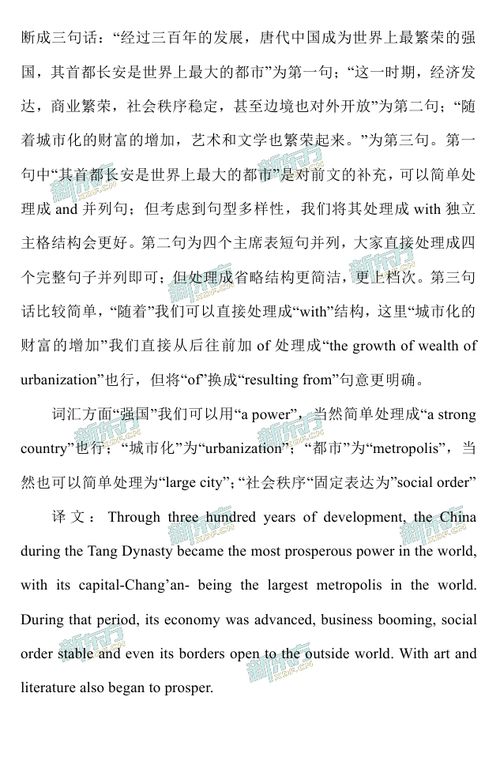Title: Mastering English Translation in Six Years
Six years may seem like a long time, but mastering English translation requires dedication, practice, and a deep understanding of both languages involved. Whether you're translating literature, legal documents, technical manuals, or anything in between, honing your skills is crucial. Here's a structured guide to help you navigate the journey of becoming an adept English translator within six years.
Year One: Lay the Foundation
Begin by immersing yourself in both English and your native language. Read extensively in both languages to familiarize yourself with their nuances, grammar rules, and idiomatic expressions. Consider enrolling in basic language courses or workshops to solidify your understanding of English grammar and vocabulary.
During this foundational year, focus on building a robust vocabulary in both languages. Utilize flashcards, language learning apps, and daily reading to expand your lexicon. Additionally, practice basic translation exercises to grasp the fundamentals of transferring meaning between languages accurately.
Year Two: Deepen Your Understanding
In the second year, delve deeper into the intricacies of English grammar and syntax. Study complex sentence structures, verb tenses, and idiomatic phrasing to enhance your comprehension and translation skills. Engage with native speakers through language exchange programs or online communities to improve your fluency and cultural awareness.
Explore different genres of writing, such as literature, journalism, and academic texts, to broaden your knowledge base. Experiment with translating various types of content to develop versatility in your skills. Seek feedback from peers or mentors to identify areas for improvement and refine your techniques accordingly.
Year Three: Specialize and Diversify
As you enter the third year, consider specializing in a particular field of translation, such as legal, medical, or technical translation. Acquire specialized terminology and industryspecific knowledge through targeted study and practical experience. Attend workshops, seminars, or online courses to gain insight into the nuances of your chosen specialization.
Simultaneously, diversify your translation portfolio by working on projects across different industries and subject areas. Collaborate with clients or agencies to gain realworld experience and expand your professional network. Cultivate strong research skills to effectively navigate complex topics and terminology in your translations.
Year Four: Refine Your Skills
In the fourth year, focus on refining your translation techniques and developing a distinctive style. Analyze your previous translations critically, identifying recurring patterns or errors to address. Experiment with different translation strategies and tools to optimize your workflow and improve efficiency.
Invest in continuing education opportunities, such as advanced language courses or translation workshops, to stay updated on industry trends and best practices. Cultivate a habit of lifelong learning by staying curious and seeking out new challenges to tackle in your translation work.
Year Five: Professionalize Your Practice
As you approach the fifth year, prioritize building a professional reputation and portfolio. Create a professional website or portfolio showcasing your work, qualifications, and areas of expertise. Establish clear communication channels and professional workflows to streamline project management and client interactions.
Consider pursuing certification or accreditation in translation to validate your skills and enhance your credibility as a professional translator. Join professional associations or networks to connect with fellow translators, access resources, and stay informed about job opportunities and industry developments.
Year Six: Mastery and Growth
In the final year of your journey, strive for mastery in your craft while continuing to pursue growth and development. Reflect on your accomplishments and challenges throughout the past six years, celebrating your progress while identifying areas for further improvement.
Seek out mentorship opportunities or advanced training programs to receive guidance from experienced professionals and refine your expertise. Embrace new technologies and trends in translation, such as machine translation and CAT tools, while maintaining a focus on delivering highquality, humandriven translations.
Above all, remain committed to lifelong learning and professional growth as you embark on your journey towards becoming a proficient English translator. With dedication, perseverance, and a passion for language, you can achieve mastery in this dynamic and rewarding field.

This structured guide provides a comprehensive roadmap for aspiring English translators, outlining key milestones and strategies for skill development over a sixyear period. From laying the foundation to achieving mastery, each year offers distinct goals and opportunities for growth, empowering translators to navigate their journey with confidence and purpose.











